5 Steps To Become A More Empowered Patient
This week on the Here for Healing podcast I interview the wonderful Faith Ashenden, talking in-depth about her experience finding self-empowerment through her struggle with Graves’ Disease. Faith was in college during the height of her health struggles, dealing with hair loss, exhaustion, weight loss, and more. After her diagnosis, which took years to identify, Faith was given only two weeks to choose her path between either invasive surgery or treatment using radioactive iodine. After her experiences, being given limited information, and a strict deadline, and still feeling unwell, Faith decided she was going to take back control and lead charge on regaining her health. I am in awe of her passion for patient empowerment; she has become an advocate for patients, and shared with me what she learned on her journey that could help others feel empowered as well.
You can sit in on our conversation here for all the details, and additionally, I have compiled the top five things you can do to enable yourself as a patient and make decisions that feel aligned for you and your body:
1. Ask Questions
Faith and I both agreed that when we were first given our diagnoses, we felt overwhelmed; I particularly felt shocked, terrified, and speechless. Sitting in the room, being told I had cancer, it seemed like everything within me stopped as I tried to absorb the information, but everything around me flipped into fast-forward. Before I knew it, I was scheduled for a surgery I had not even considered yet. Faith shared with me that once she started seeing herself as emboldened in these moments, she felt more convertible, and rightfully entitled, to ask more questions, seek answers, and not let herself be steamrolled into a decision. As a patient, you are well within your rights to slow the room down, take a breath, and ask as many questions as you need.
2. Do Not Accept Deadlines
As Faith put it, if you are in a life-or-death situation that requires immediate life-saving action, or you are incapacitated, then yes, relinquish control. Otherwise, take your time and do not accept a deadline for your own health. Faith was given two weeks to decide between the only two life-altering choices she was given, and I was scheduled for surgery before I even left the room. We want you to know that this is your body, and nobody should pressure you into making a choice you are not fully committed to. Take your time.
3. Get a Second, and Third, Opinions
If in your process of asking questions, slowing down, and rejecting deadlines you do not see a clear path, seek more resources. Give yourself permission to consult with other doctors; they may give you the same information in a way that makes more sense to you, or they may give you more options, a different perspective, or a less-traveled path. The goal is to move forward in a way that feels appropriate to you. Consulting with another professional does not mean you don’t trust your doctor; it means you trust all doctors equally. Every opinion holds value in your journey.
4. Do Your Own Research
Seek other experiences, listen to others’ stories, pay attention to reviews and recommendations, find reputable sources that may enlighten you to what you can expect if you make one move or another. Additionally, it is totally acceptable to take what you have learned and repeat steps one and three; take your findings back to your doctor, use it to form questions, ask for clarification and verification, and seek other opinions until you find options that feel aligned for you. The media has many people thinking that we do not have the right to question the word of our doctors or find your own answers, but it is your right to be informed. No reasonable professional should discourage you from finding information that pertains to you; they will help you sort through what you learn, decipher confusing results, and assist you in making an educated decision.
5. Fire Your Doctor
There was a doctor I was seeing at the start of my healing journey. She was an expert in her field and highly recommended, but I admitted to Faith in our interview that each time I saw her I cried. After a few visits, I found a different practitioner who made me feel good, and was open to my questions, and considerate of my concerns. You do not have to stay with a doctor that is not working for you! Health care is deeply personal, deeply individualized, and whomever you trust with your health should always respect your interests and be working for you.
In the end, Faith chose the route of the radioactive iodine treatment. During that time, she was extremely sick, unable to return to school, and struggling with health more than ever. It was after her body rejected hormonal medication in 2018 that she started actively finding her empowerment as a patient. Faith started asking questions, she conducted extensive research and found doctors that listened to and nurtured her.
Today, Faith is healthy, happy, and glowingly pregnant! I encourage everyone to take an active role in their treatment and feel vested to find a healing path that serves them. I look forward to hearing your stories as you come out the other end stronger, healthier, and happier than ever before.

